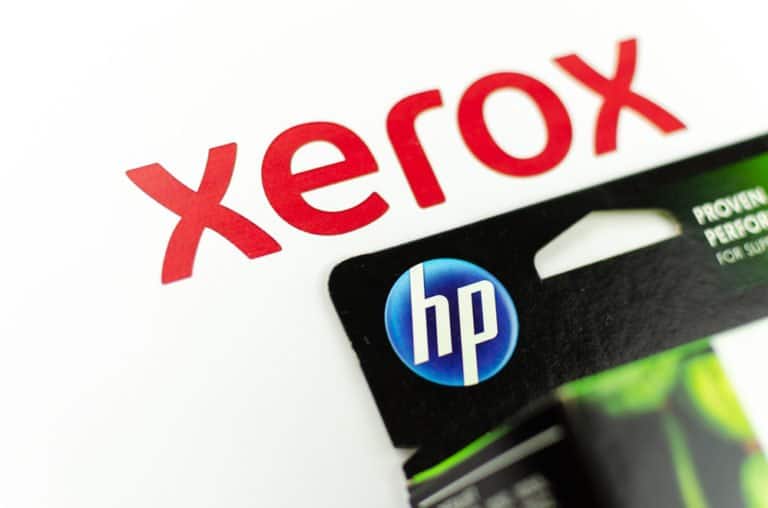Carl Icahn, Xerox’s largest shareholder and the fifth most important shareholder of HP Inc., considers it self-evident that the two companies need to join forces, and hopes that shareholders will send that message to HP’s management.
It is no secret that investor Carl Icahn is a strong supporter of the merger of HP Inc. and Xerox. Since the beginning of last month it came to light that Xerox was considering a bid for the much larger HP, and Icahn has been lobbying almost unceasingly to get the job done. However, a clear no was the response from HP’s management. They feel that Xerox undervalues HP, and that HP already has a good plan for the future. Moreover, HP questions the debt burden that would be involved in a takeover by Xerox.
Synergy
The whole story is quite peculiar. With a total market value of 8.4 billion dollars (7,6 billion euros), Xerox is a dwarf compared to HP, which is worth around 30 billion dollars (27 billion euros). Nevertheless, both companies have a very complementary portfolio in the printing business. Where Xerox is a printing company, HP is of course one of the world’s largest vendors with a leading market share in both B2B and B2C.
Nevertheless, Icahn sees similarities that can generate savings of up to two billion euros for the two companies. Why he is lobbying for the acquisition of HP by Xerox instead of the other way around is unclear. The investor believes that HP’s board of directors is incapable of leading the company into the future and thinks that the board only rejects Xerox’s proposal to safeguard their own jobs.
Financial gain
The fact that HP Inc. developed into a surprisingly dynamic innovative company with a modern mentality after HP’s split in 2015, and that Xerox is more of a “printer dinosaur”, does not play any role in Icahn’s reasoning. The portrayal of HP’s directors as incapable can be seen as a tactic to undermine shareholders’ confidence in management, making them more inclined to vote for Xerox when the hostile takeover bid lands on their plate.
The final word on the takeover has not yet been spoken. Although there are undoubtedly pros and cons for both scenarios, Icahn seems to be lobbying for his own gain as a shareholder of both companies. A temporary increase in the share would give Icahn an opportunity to mitigate the impact of the declining printer market on his portfolio and to possibly divest himself of shares. After all, Icahn has no reason to look at the long term if he can quickly make money from a short-term acquisition.
